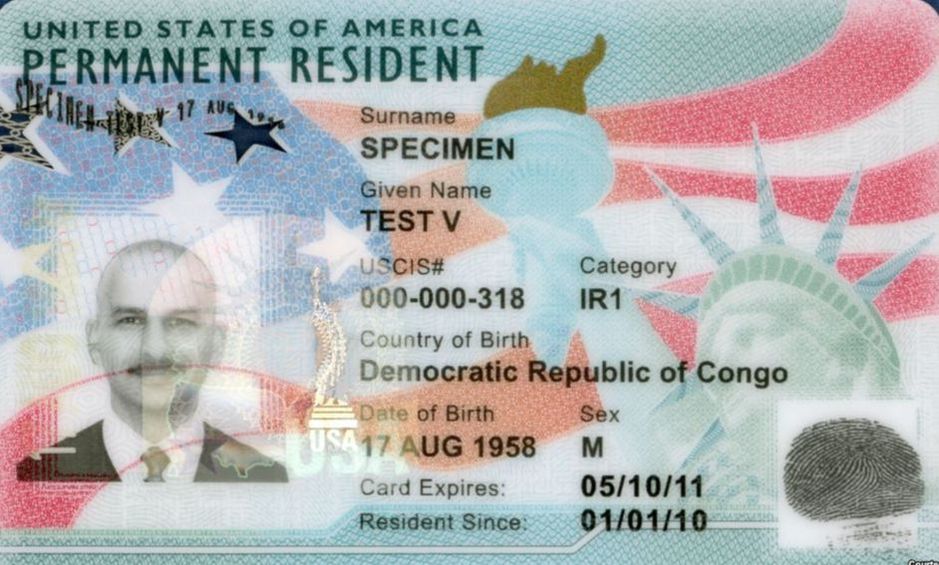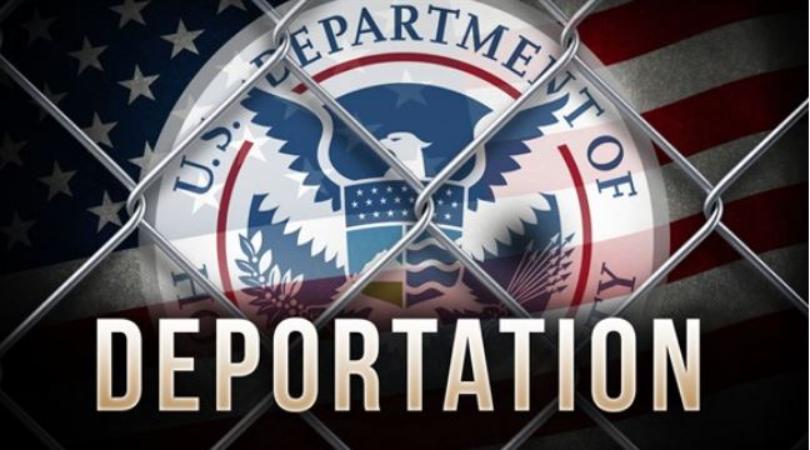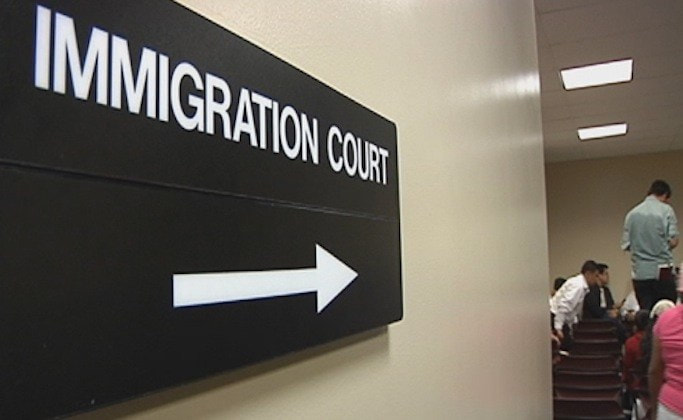USCIS Publicshed a Memo and updated the Manual.
Immigration benefit requestors or their authorized representative may request that USCIS expedite the adjudication of their application, petition, request, appeal, or motion that is under USCIS jurisdiction.[1] USCIS considers all expedite requests on a case-by-case basis in the exercise of discretion and generally requires documentation to support such requests. The decision to expedite is within the sole discretion of USCIS.
As expediting an application, petition, request, appeal, or motion generally means that USCIS would adjudicate the requestor's benefit ahead of others who filed earlier, USCIS carefully weighs the urgency and merit of each expedite request.
A. Expedite Criteria or CircumstancesUSCIS may expedite adjudication of an application, petition, request, appeal, or motion at its discretion. USCIS considers the totality of the circumstances and evidence submitted in support of an expedite request.
Relevant criteria or circumstances that may be considered in determining whether to grant an expedite request include, but are not limited to, the following:
- Severe financial loss to a company or person, provided that the need for urgent action is not the result of the petitioner’s or applicant’s failure to timely file the benefit request or to timely respond to any requests for evidence.[2]
- Emergencies or urgent humanitarian situations.
- Nonprofit organization (as designated by the Internal Revenue Service (IRS)) whose request is in furtherance of the cultural or social interests of the United States.
- Government interests, including cases identified by the government as urgent because they involve the public interest, public safety, national interest, or national security interests.
- Clear USCIS error.
Job loss may be sufficient to establish severe financial loss for a person, depending on the individual circumstances. For example, the inability to travel for work that would result in job loss might warrant expedited treatment. The need to obtain employment authorization, standing alone, without evidence of other compelling factors, does not warrant expedited treatment.
In addition, severe financial loss may also be established where failure to expedite would result in a loss of critical public benefits or services.
2. Expedited Treatment Based on Emergency or Urgent Humanitarian Situations
In the context of an expedite request, an emergency or urgent humanitarian situation is a pressing or critical circumstance related to human welfare. Human welfare means issues related to the well-being of a person or group. Examples include, but are not limited to, illness, disability, death of a family member or close friend, or extreme living conditions, such as those caused by natural catastrophes or armed conflict.
USCIS considers requests related to a requestor’s individual welfare and requests that are related to the welfare of others. For example, to facilitate the well-being of an individual, USCIS may expedite a benefit request where a vulnerable person’s safety may be otherwise compromised. To facilitate the well-being of others, for example, USCIS may expedite employment authorization for healthcare workers during a pandemic.
Certain benefit requests, such as asylum applications, refugee applications, and requests for humanitarian parole, by their nature involve urgent humanitarian situations. Therefore, filing a humanitarian-based benefit, standing alone, without evidence of other time-sensitive or compelling factors, generally may not warrant expedited treatment under this criterion.[3]
Travel-Related Requests
USCIS considers expedited processing of an Application for Travel Document (Form I-131) when there is a pressing or critical need for an applicant to travel outside the United States.
Expedited processing of a travel document may be warranted when there is an unexpected event, such as the pressing or critical need to travel outside the United States to obtain medical treatment in a limited amount of time, or due to the death or grave illness of a family member or close friend.
Expedited processing of a travel document may also be warranted when there is a pressing or critical need to travel outside the United States for a planned event, but processing times prevent USCIS from issuing the travel document by the planned date of departure. When the need to expedite issuance of a travel document is related to a planned event, USCIS considers whether the applicant timely filed the Form I-131 or timely responded to a request for evidence.[4]
For example, a requestor may have applied for a travel document 5 months ago when they learned of the event, but their case remains pending, and they must travel for an event which is now in 45 days, such as for a:
- Work or professional commitment (such as a meeting, conference, forum, seminar, or training);
- Academic commitment (such as a study abroad program, research trip, forum, seminar, conference, or practicum); or
- Personal commitment (such as a wedding or graduation).
A benefit requestor’s desire to travel solely for vacation generally does not meet the definition of a pressing or critical need to travel.
3. Nonprofit Organization Seeking Expedited Treatment
A nonprofit organization seeking to expedite a beneficiary’s benefit request must demonstrate an urgent need to expedite the case based on the beneficiary’s specific role within the nonprofit in furthering cultural or social interests (as opposed to the organization’s role in furthering social or cultural interests). Examples may include a medical professional urgently needed for medical research related to a specific “social” U.S. interest (such as the COVID-19 pandemic or other socially impactful research or project) or a university professor urgently needed to participate in a specific and imminent cultural program. Another example is a religious organization that urgently needs a beneficiary’s specific services and skill set to continue a vital social outreach program. In such instances, the religious organization must articulate why the respective beneficiary is specifically needed, as opposed to pointing to a general shortage alone.
4. Expedited Treatment Based on Government Interests
Government interests refer to interests of any federal, state, tribal, territorial, or local government of the United States.[5] This includes cases identified as urgent by the government because they involve public interest, public safety, national interest, or national security interests. The request must be made by a person who has authority to represent the agency or department, such as an official, manager, supervisor, or tribal leader, on the matter for which expedited treatment is being requested. The request must demonstrate that the interests are pressing and substantive.
Where a federal agency or department identifies an articulable federal government interest in accordance with these criteria, USCIS generally defers to that federal agency or department’s assessment.
If the request relates to employment authorization, the request must demonstrate that the need for the applicant to be authorized to work is critical to the mission of the requesting agency or department, and goes beyond a general need to retain a particular worker or person. For example, an applicant for employment authorization may warrant expedited processing based on government interests when the applicant is a victim or witness who is cooperating with the government and needs employment authorization because the respective agency is seeking back pay or reinstatement in court proceedings.
5. Clear USCIS Error
USCIS may consider an expedite request based on clear USCIS error when a requestor establishes an urgent need to correct the error. For example, an applicant who receives an Employment Authorization Document with incorrect information that prevents them from being able to work may request a replacement document on an expedited basis if USCIS caused the error.[6]
B. How to Request Expedited Processing
The process to request expedited processing may vary by form type and the office that has jurisdiction over the benefit request. USCIS provides specific information on submitting expedite requests on the Expedite Requests webpage.
Benefit requestors must demonstrate their need for expedited processing. Generally, USCIS requires documentation to support expedite requests. When additional documentation is needed, USCIS asks the requestor to submit supporting evidence.
1. Premium Processing
A benefit requestor cannot request expedited processing for petitions and applications where premium processing service is available for their filing category unless they meet the exception for certain nonprofit organizations.
A benefit requestor that is designated as a nonprofit organization by the IRS seeking a beneficiary whose services are needed in furtherance of the cultural or social interests of the United States may request that the benefit it seeks be expedited without a fee, even if premium processing is available for that benefit.[7] USCIS retains discretion not to expedite the benefit request. The benefit requestor may also request premium processing for the benefit.
C. How USCIS Processes Requests for Expedited TreatmentUsing its discretion, USCIS considers expedite requests according to the criteria and circumstances described above. Not every circumstance that fits under the criteria or examples above necessarily results in expedited processing.[8]
Circumstances that Impact USCIS' Ability to Expedite
Some circumstances may prolong or inhibit USCIS’ ability to expedite certain benefit requests. Examples include, but are not limited to, when:
- The benefit requestor must perform a certain action or submit additional documentation or evidence, such as attend a biometric services appointment, be interviewed, or complete any required immigration medical examination;[9]
- There is a required background check that remains pending with a third-party agency;
- An application or petition requires an on-site inspection;[10] or
- An application or petition is dependent on the adjudication of a principal’s application or petition.
Responding to Expedite Requests
USCIS generally sends a response to expedite requests that are submitted through the Contact Center. However, to increase efficiency in processing expedite requests, USCIS generally does not provide justifications regarding expedite decisions.
Requestors in Removal Proceedings
Expedited processing of benefit requests for noncitizens with final orders of removal or noncitizens in removal proceedings is coordinated between USCIS and U.S. Immigration and Customs Enforcement (ICE).[11]
USCIS Policy Manual.













 RSS Feed
RSS Feed